Mozambique: Confirmed mpox cases have fallen to 16 - AIM report
Mozambique: Learning their lessons by the traffic lights on the streets of Maputo – Watch
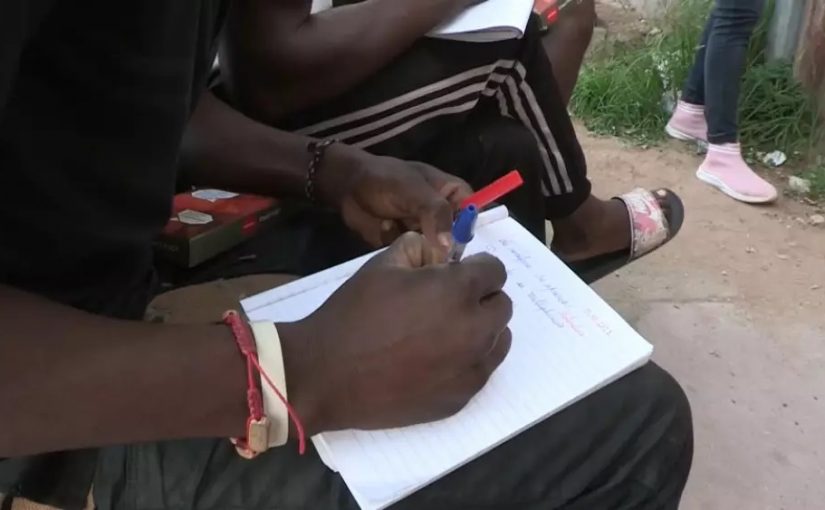
Image: Lusa
Adolescents who were forced to drop out of school to survive can today make a connection with knowledge thanks to the “We also Learn at the Traffic Lights” [“Também se Aprende no Semáforo] project, an initiative run by young teachers on the streets of Maputo.
“The idea is to stimulate a taste for learning, so that they want to go back to school,” teacher Catariana Sive explains to Lusa, after leading a maths session in the “traffic-light class on Avenida 24 de Julho”.
Oblivious to the hustle and bustle around them, students sit on plastic chairs lined up on a corner of the sidewalk. A rusty gate serves as a board where Catarina writes the properties of multiplication in chalk, showing how the maths can be useful “for when they want to save money”.
Her students collect small change by cleaning cars, helping with parking or selling fruit and peanuts, earning the bare minimum to eat on the street, far from Gaza and Inhambane, the provinces they left in search of opportunities in the capital – but without succeeding in escaping poverty.
“I don’t want much. But I at least want to learn how to write,” says Nelson Umbisse, 27, an informal vendor at the traffic lights on Avenida 24 de Julho.
“These are young people who depend on their jobs on the street to survive, so when we designed the project, the idea was not to take them away from there. We know that they depend on this business,” explains teacher Ercílio Edmundo, 27, responsible for the group at Praça do Destacamento Feminino, on Avenida Kenneth Kaunda, on the other side of the city.
The number of students in this particular class is a little lower today, perhaps because of the threat of rain, but they are attentive to the improvised black board, and in a prime area – just metres from the Presidency of the Republic.
“I want to study to get a good job and be able to support myself. I also want to build the house of my dreams back home” in Gaza, says 19-year-old Edilson Eduard.
“When I look at these youngsters, I see myself. I also had to sell on the street to support my family,” teacher Ercílio Edmundo reminisces.
The goal is to guarantee access to basic content in Portuguese and mathematics and then direct pupils to formal educational institutions, with the help of partners and sponsors – people of good will who are prepared to support the students.
“These could be the engineers of tomorrow,” Ernesto José, a resident passing along Kenneth Kaunda who stopped to watch Ercílio’s class, tells Lusa.
If young people don’t go to school, teachers take the school to the traffic lights.
There are other classes distributed throughout the city. Twenty-one young people regularly turn up for project classes, which started in January. It is hoped that the idea will spread to other parts of the country.



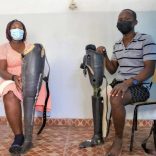
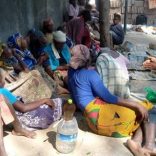
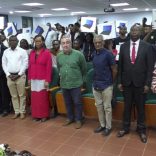

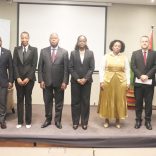




Leave a Reply
Be the First to Comment!
You must be logged in to post a comment.
You must be logged in to post a comment.